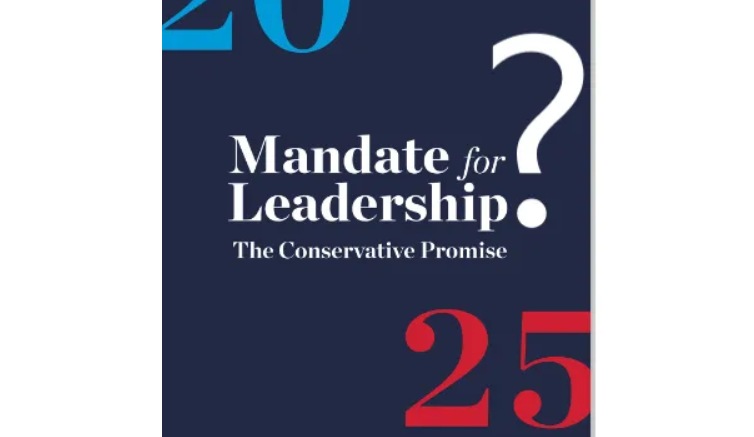The Heritage Foundation’s “Project 2025” has sparked significant debate and controversy, particularly concerning its ambitious proposals for restructuring various aspects of the U.S. government and policy. The initiative, intended as a comprehensive guide for a potential conservative administration, encompasses sweeping changes across healthcare, social policy, veterans’ affairs, and more. However, several potential problems and challenges have been identified with the proposed agenda.
Healthcare Overhaul Concerns
One of the most contentious aspects of Project 2025 involves its proposed changes to healthcare systems like Medicare and Medicaid. The project suggests significant reductions in federal healthcare spending, potentially impacting millions of Americans. Critics argue that these cuts could disproportionately affect vulnerable populations, including low-income individuals and seniors, who rely heavily on these programs for medical coverage (NerdWallet: Finance smarter).
Veterans’ Benefits and Services
Another area of concern is the proposed changes to veterans’ benefits. There have been claims—some of which are disputed—that Project 2025 might curtail veterans’ benefits, particularly in terms of concurrent receipt of retirement pay and disability compensation. While some of these proposals are not directly part of Project 2025 but rather from the Heritage Foundation’s separate “Budget Blueprint,” the confusion has led to significant public concern. The project’s actual stance emphasizes a “veteran-centric” approach, which includes streamlining processes and potentially reducing benefits deemed unrelated to military service (The Dispatch).
Social and Cultural Policy Shifts
Project 2025 also includes proposals that could roll back protections and rights for LGBTQ+ individuals. The plan suggests ending federal support for gender-affirming care, banning gender-related medical procedures for minors, and limiting the recognition of gender identities to male and female as assigned at birth. Such measures have raised alarms among LGBTQ+ advocates, who argue that these policies could lead to increased discrimination and harm to the community (American Journal News).
Governance and Administrative Changes
The project outlines extensive restructuring of federal agencies and a rollback of various regulations, including those related to diversity, equity, and inclusion (DEI). Critics warn that these changes could lead to a less inclusive federal workforce and a reduction in protections for marginalized groups. Additionally, there is concern about the potential for increased partisanship within federal agencies, as the project advocates for a nonpartisan federal workplace while simultaneously promoting conservative values (American Journal News).
Conclusion
As the debate over Project 2025 continues, it remains a polarizing proposal. Supporters argue that it presents a bold vision for reducing government size and spending, while critics fear it could lead to significant setbacks in healthcare, veterans’ services, and civil rights. The full impact of these proposals will depend heavily on political developments and the implementation of these policies, should they come into effect.
For more information, you can read the detailed plans and analyses from the Heritage Foundation and other sources discussing Project 2025.
4o

Be the first to comment on "Challenges and Controversies Surrounding the Heritage Foundation’s “Project 2025”"